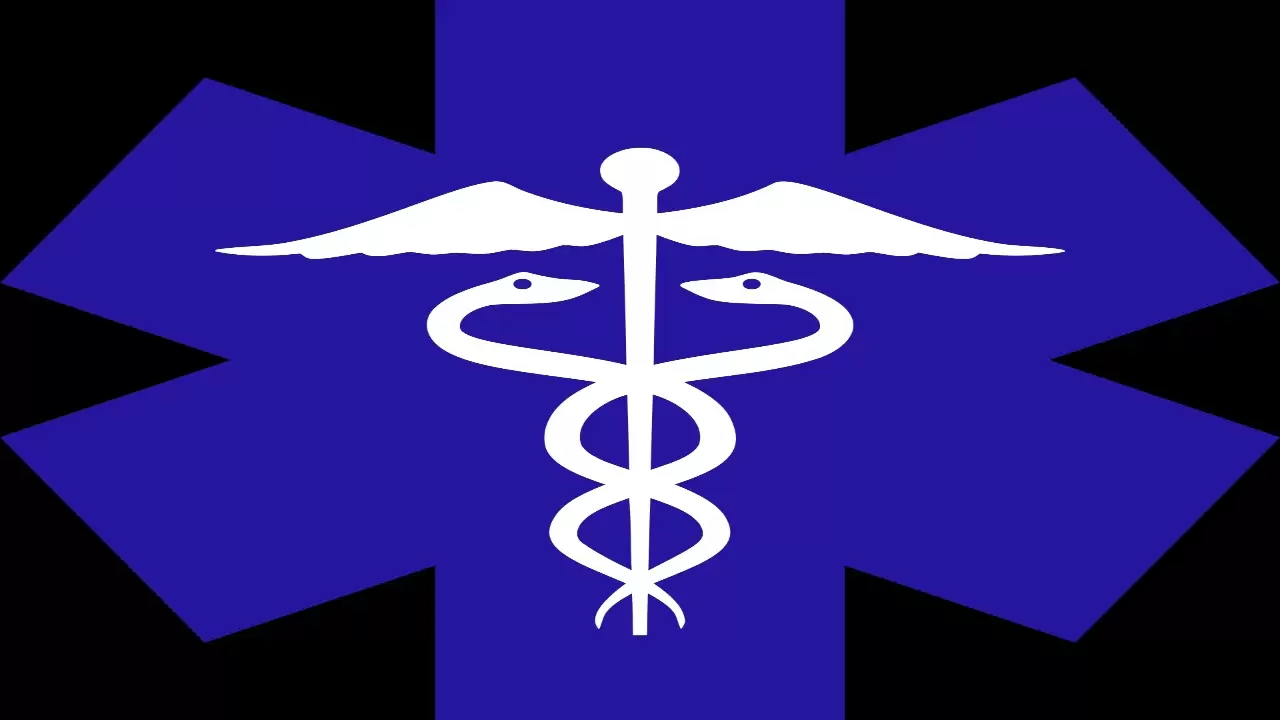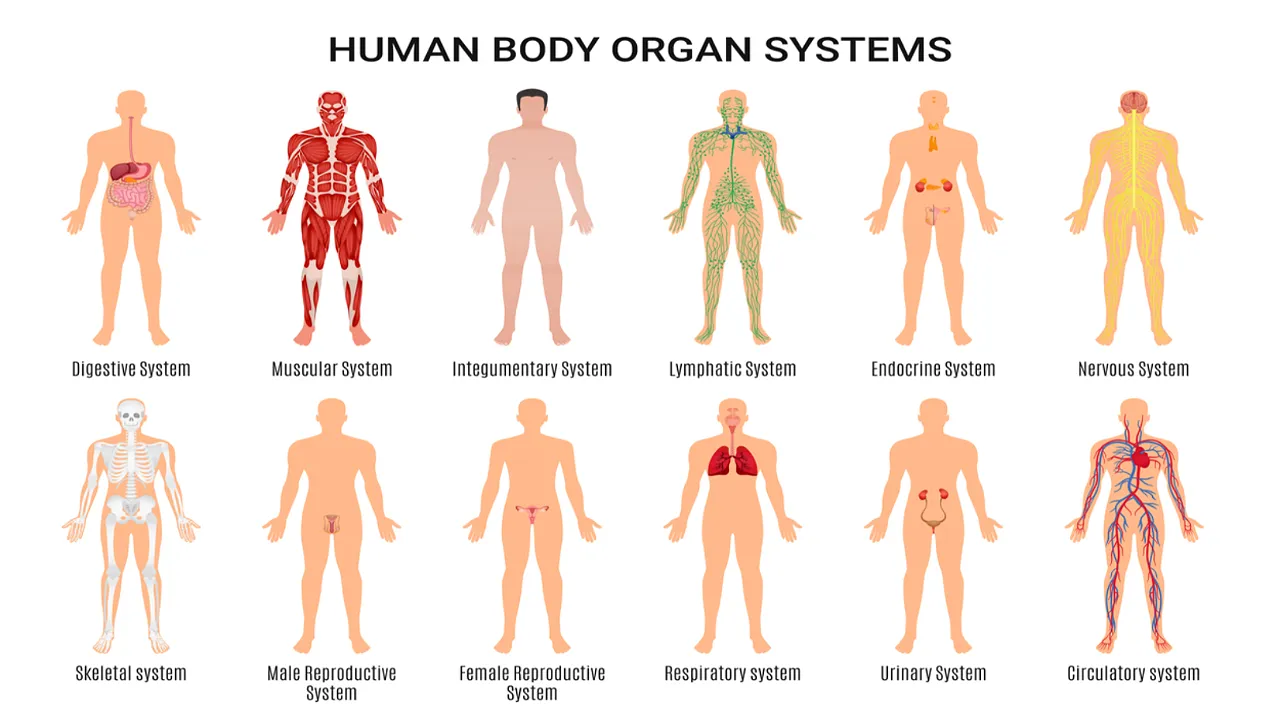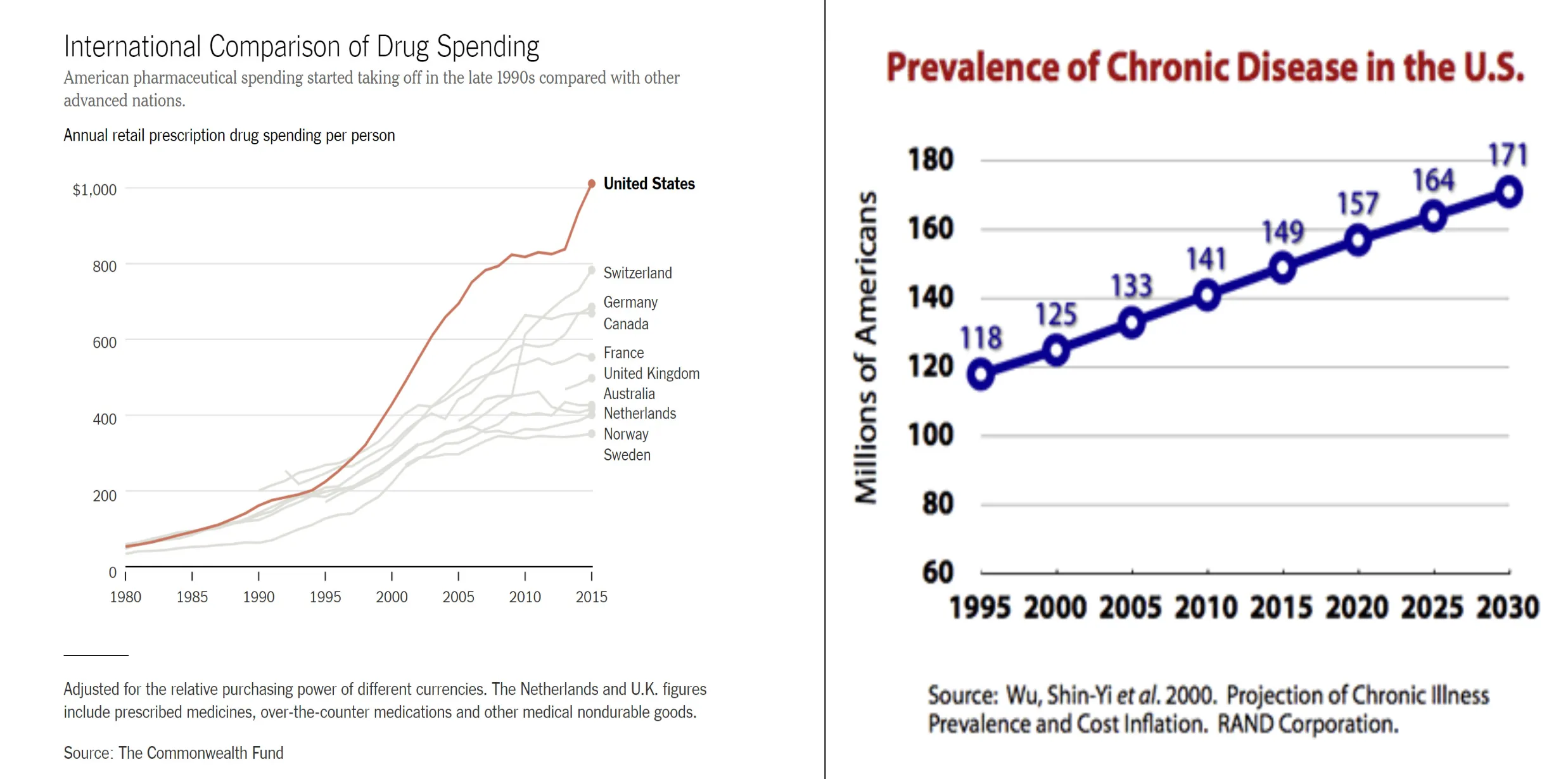
"Hold faithfulness and sincerity as first principles."
Confucius (551 BC – 479 BC) was a Chinese teacher, politician, and philosopher. By Simran Khurana (Updated March 18, 2017)
Preventive medicine is cost-effective, prevents suffering, and increases productivity. Investing in it will yield a massive return, but it is not yet sufficiently developed. The integration of artificial intelligence is expected to accelerate the processes.
Today, preventive medicine is intended primarily for risk groups.
- It is only a small part of the requirements for preventative medicine. In the broadest sense, Preventive medicine manages the health of all citizens from the day they are born until their death. The amount of information required to process is enormous and requires artificial intelligence. (Expected to happen in a decade or two) link: Artificial intelligence in the service of medicine is only a matter of time.
A single blood test for HCV 20 years ago would have saved the taxpayer (in Israel) vast sums of the cost of the chemotherapy treatment covered by the state health insurance, which was then estimated at $ 100,000.
Preventive medicine is the best economic-social investment.
Effective preventive medicine requires several simultaneous cycles: legislation, regulation, education, explication, a supportive environment, and artificial intelligence data analytics.
Link: Preventive healthcare. (Wikipedia) | "Each year, millions of people die of preventable deaths. A 2004 study showed that about half of all deaths in the United States in 2000 were due to preventable behaviors and exposures."
- Today, preventive medicine refers to identified risk groups rather than the general population. Although it seems that preventive medicine has significantly evolved, its scope compared to the potential for preventing chronic illness is only a few percent!
We all have a denial mechanism that tries to preserve our way of life. Besides, preventive medicine is not assimilated as a cultural value in modern medicine. We usually become sick only when we experience chronic pain, prolonged discomfort, or other bothersome symptoms.
The order in which symptoms first appear is significant.

Our bodies often warn of a malfunction in mild symptoms years before the onset of chronic diseases.
- The two exceptions are autoimmune diseases and certain cancers, especially in children, adolescents, and young people. The explanation is that these chronic illnesses usually break out in much shorter periods due to unresolved mental trauma, and their early warning is relatively straightforward.
When chronic patients are examined retrospectively, they often find signs of something incorrectly working in their bodies.
- Constipation, diarrhea, gastrointestinal gas, nail fungus, recurrent vaginal fungal infection, abdominal obesity, thinning hair, brittle nails, permanent runny nose, headaches, prolonged flu, skin rashes, fatigue, decreased sexual function, reduced vision, and hearing. Cognitive impairment, impaired memory, and the list goes on.
The digestive system directly affects about 50% of the immune system.
Link: Balancing gut flora is required for proper immune system functioning.
- The gastrointestinal tract is the primary non-sterile internal system, forcing the immune system to fight relentlessly to prevent pathogen overgrowth.
- An imbalance in gut flora affects the immune system, which fights relentlessly to prevent the overgrowth of pathogens. Our lifestyle and diet significantly impact our immune system.
- Dietary fiber, natural oils/fats, and naturally fermented foods are critical to maintaining good health.
- Industrialized & processed food harms the digestive system and the immune system.
The order in which symptoms first appear is significant because chronic disease often occurs in the systems where the symptoms first erupted.
Link: Immune system boost and rehabilitation.
The location of symptoms does not necessarily reveal the main problem. Often, the illness is along the harmed energy channel (Meridian). The immune system is present throughout the body, but its manifestation may differ in the organs/systems.
Source: The New York Times. | The Marshall Protocol Knowledge Base.

Preventative healthcare strategy.
Governments in developed countries have not yet implemented strategic planning for preventive medicine for several reasons:
- Long-term planning and strategy based on four synchronized circuits are required. Legislation, regulation, education, explanation, and a supportive environment.
- If you ask what prevents projects of this type, is it just a matter of complex logistics? The answer is that this is not the leading explanation.
What are the leading explanations for the lack of preventative healthcare?
- Medical science itself does not have any philosophy! Medical ethics does not weigh at all.
- Nutrition science lacks an orderly and agreed-upon doctrine. Producing a clear policy without consensus is challenging.
One of the most critical reasons is that what harms our health produces a lot of money!
- The food, beverage, pharmaceutical, grooming, cleaning, and toiletry industries are among the most powerful and wealthy. They contribute to politicians ' election campaigns, and no sane politician will speak out against them!
Preventive medicine does not amount to a summons to check blood pressure and cholesterol levels in the blood, which are usually also driven by the interests of the drug companies, but by preventing these conditions resulting from an unhealthy diet and lifestyle. Brave politicians not dependent on giant companies should aspire to implement preventive medicine.
Investing in preventative medicine saves human lives, terrible suffering, and enormous resources!

We often ignore early symptoms until chronic pain or other worrying signs appear. Preventive medicine can reduce human suffering and enormous expenses.

